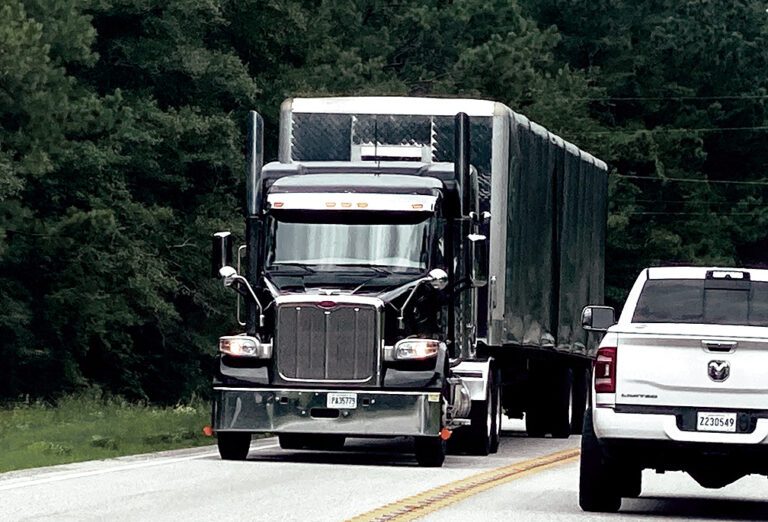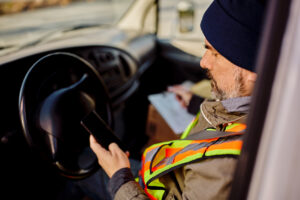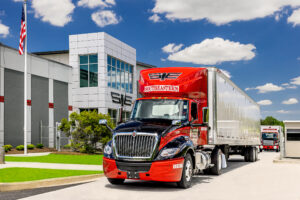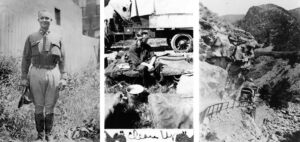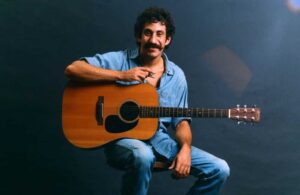Operating Authority is really a simple concept. As defined by the Federal Motor Carrier Safety Administration (FMCSA), it is a carrier’s right to operate a commercial motor vehicle for transport of goods or passengers for hire.
If you’re a company driver, you may think Operating Authority requirements are something your employer has to worry about. For the most part, you’re right. But as the driver of a big rig, you are responsible for knowing what you are hauling and how it fits into your company’s Operating Authority.
For independent drivers, however, the story is quite different — the responsibility for complying with Operating Authority requirements falls squarely on the driver’s shoulders.
If you’re thinking of investing in a truck and driving independently as an owner-operator, you need to be fully aware of filing fees, the type(s) of authority your business will require and minimum insurance requirements.
As the owner-operator of a Class 8 rig, you must be assigned a Motor Carrier (MC) number by the Federal Motor Carrier Safety Administration (FMCSA). This is required for any entity that transports federally regulated cargo across state lines. Most freight shipped in the U.S. is federally regulated; a few exceptions unprocessed or unmanufactured goods, fruits and vegetables, or small items of little to no value.
Before getting into the requirements under Operating Authority regulations, let’s first eliminate the situations in which it is unnecessary. If your carrier is private and hauling the company’s own cargo, no Operating Authority is needed. Likewise, if you work for a “for-hire” carrier transporting specific exempt commodities, you need no authority. And finally, if you operate within a federally designated “commercial zone” that is not regulated, operating authority does not apply to you.
But in most cases, if you are hauling cargo that crosses state lines and that cargo is owned by someone else, you’ll need to get your Operating Authority. Depending on what you haul, you may need to obtain more than one designation.
So, why does Operating Authority matter?
As noted earlier, it specifies the type of cargo you can haul. Secondly, the cargo directly impacts the amount of insurance you are required to carry.
When it comes to Operating Authority, in most cases, an owner-operator will fall into one of two categories — 1) motor carrier of property (except household goods); or 2) motor carrier of household goods (i.e., a moving company). In either case, a carrier must file proof of liability insurance (bodily injury and property damage) with the FMCSA. While a carrier transporting household goods is required to have cargo insurance, if household goods are not hauled, no such insurance is needed.
When it comes to insurance, levels of liability vary greatly and apply to different levels of freight. For instance, insurance must be carried in an amount of $750,000 to $5 million, depending on the freight being hauled.
However, if you are hauling non-hazardous freight in a truck weighing less than 10,001 pounds, you’ll only have to carry $300,000 in insurance. If you are carrying household goods, you must carry $5,000 in insurance per vehicle.
Before setting out on the road to becoming an independent driver or starting a small trucking company, make sure you understand the Operating Authority requirements. In addition, insurance can be expensive, especially in the case of carriers needing high liability limits. Then again, running a trucking business without Operating Authority is illegal — and the expense of violating FMCSA regulations may cost you even more.
For more information about Operating Authority from the FMCSA, click here.
Since retiring from a career as an outdoor recreation professional from the State of Arkansas, Kris Rutherford has worked as a freelance writer and, with his wife, owns and publishes a small Northeast Texas newspaper, The Roxton Progress. Kris has worked as a ghostwriter and editor and has authored seven books of his own. He became interested in the trucking industry as a child in the 1970s when his family traveled the interstates twice a year between their home in Maine and their native Texas. He has been a classic country music enthusiast since the age of nine when he developed a special interest in trucking songs.







